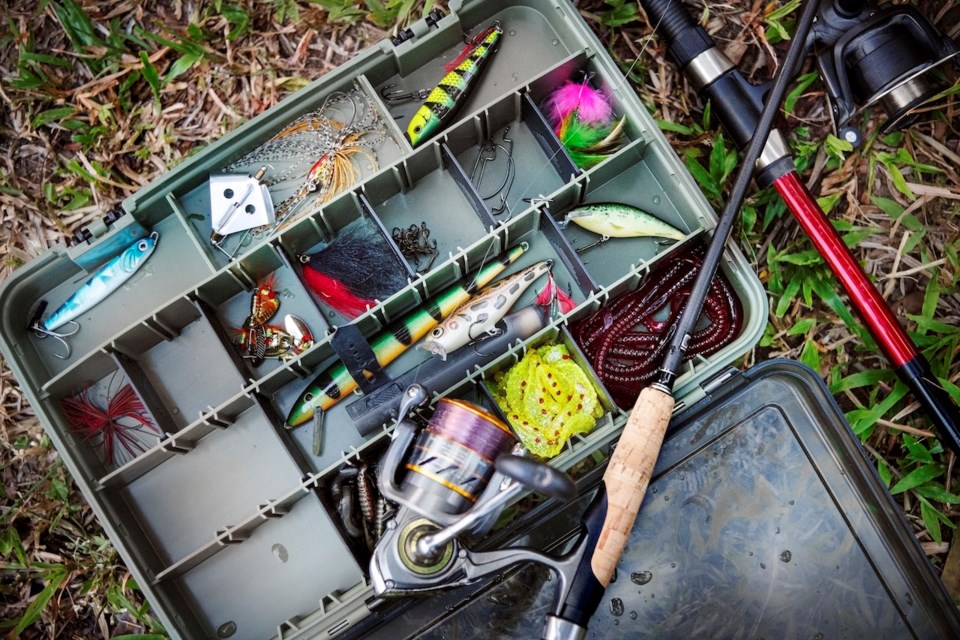We've all seen it in and around the waterways in Squamish, abandoned fishing gear — fishing line and a lure hanging from a tree, netting bunched on the beach, even a rod at the bottom of Howe Sound.
The problem of ghost gear, as it is called, is massive.
"Abandoned, lost and discarded fishing gear is a major source of marine litter. It has numerous impacts, including the continued catching of target and nontarget species (so-called ‘ghost fishing’), entanglement of marine wildlife, physical impacts with the seabed and its communities, as well as being a hazard to shipping and navigation," reads the Global Ghost Gear Initiative website.
The global organization is working to find solutions to the problem.
This week, local MP Pamela Goldmith-Jones, on behalf of federal Fisheries MinisterJonathan Wilkinson, announced the Government of Canada is a signatory to the Global Ghost Gear Initiative.
“Our government has shown leadership in signing the Global Ghost Gear Initiative, and is delivering on our commitment to ensure the health and safety of our oceans. In our riding of West Vancouver – Sea to Sky – Sunshine Coast, I am especially proud of the microplastics research taking place at the Pacific Science Enterprise Centre to complement the Global Ghost Gear Initiative in macroplastic reduction,” said Goldmith-Jones in a news release.
Canada joins 80 other participants from across 50 organizations that represent governments, intergovernmental and non-governmental organizations, the private sector and fishing industries and academia who belong to the group.
Quick Facts
From World Animal Protection
*70% of the weight of macroplastics in the ocean is fishing-related, such as hooks, lines, and weights
*Macroplastic is any plastic larger than 5mm, for example plastic bottles and packaging
*Abandoned, lost or discarded fishing gear or ghost gear can persist in the environment for up to 600 years
*Every year, 640,000 tonnes of ghost gear enters our oceans
*92% of encounters between marine animals and debris can cause lethal problems, including ingestion and entanglement



